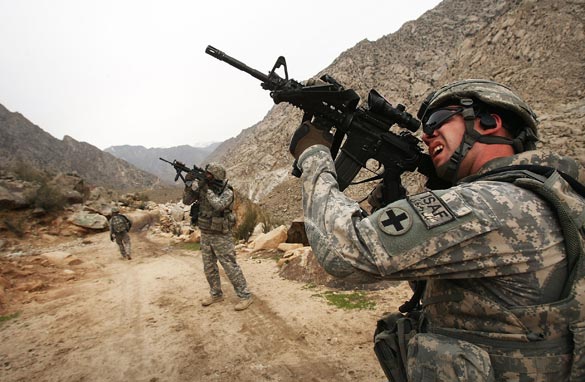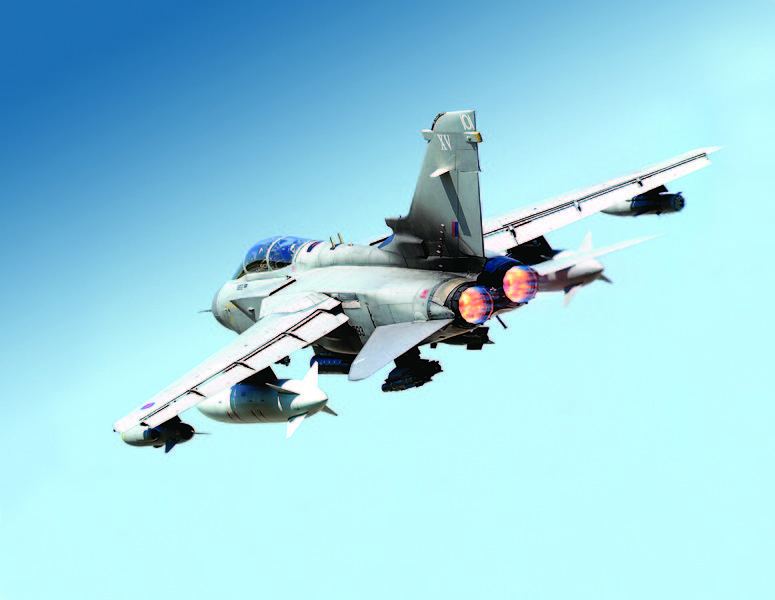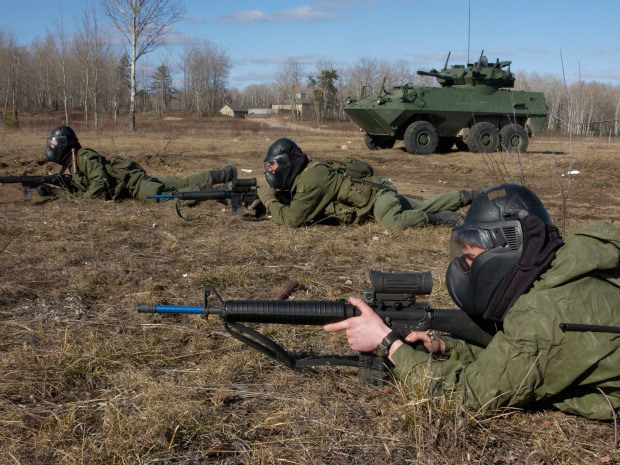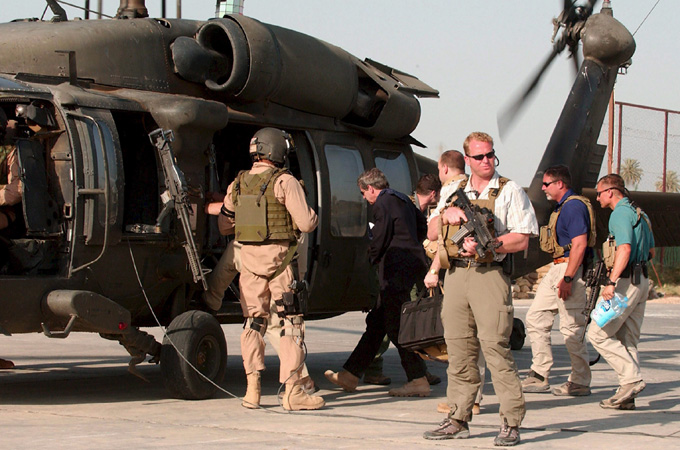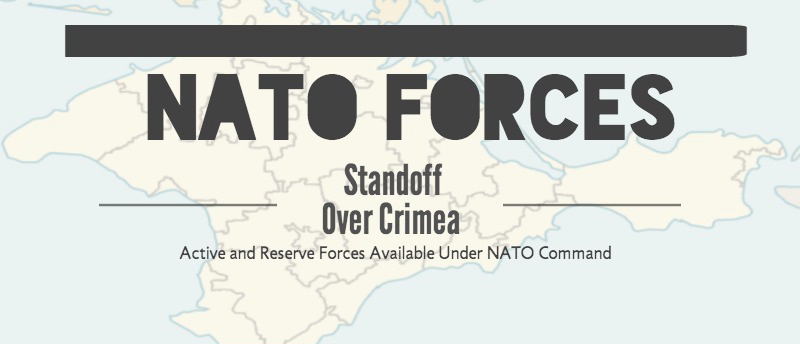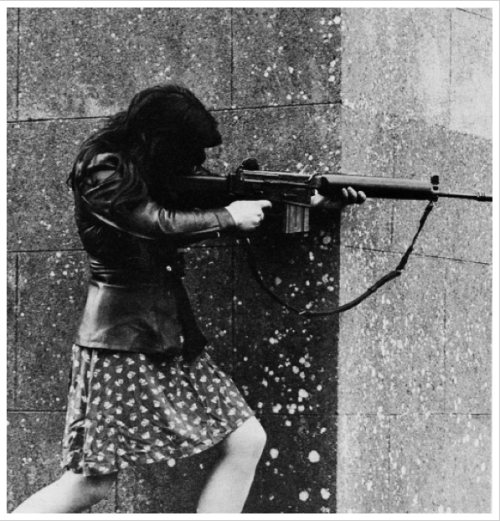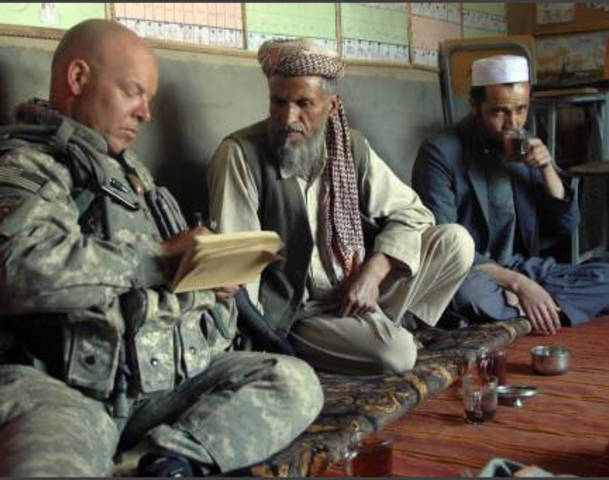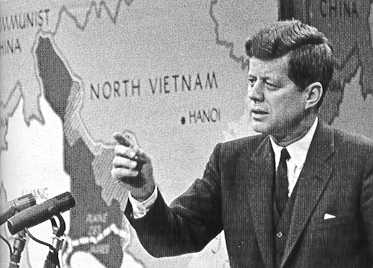International operations often do not have long-term support of the citizenry of the intervening nations.
Defense
Libya Three Years Later: Recap of the Calgary Conference
On 23 March 2011, as the Qaddafi regime turned its weapons against the Libyan people, NATO commenced Operation Unified Protector, intended to enforce a United Nations mandated no-fly zone and to protect the civilian population. Almost three years later, on 21 March 2014, the NATO Council of Canada hosted an event in Calgary on this Read More…
Defence Cuts: Reserves Pay the Price
By mandating large defence cuts while keeping personnel and capital expenses fixed, the government has ensured that the readiness of the Forces will suffer.
Eisenhower’s Warning: Part 2
Part 2 of Conor Smith’s analysis of the emergence and evolution of the Military Industrial Complex.
Private Military Companies will fill NATO’s Shoes
Alessandro Gagliardi analyses why PMCs may continue to operate in Afghanistan, should NATO withdraw in 2014.
NATO Standoff Over Crimea
Sam Khanlari and Alessandro Gagliardi highlight the hard power differential between NATO and Russian forces
One Man’s Terrorist is Another Man’s Freedom Fighter: The Struggle for Definitional Solidarity
Andrew Majoran analyzes the issues multilateral institutions have with defining terrorism.
Counterinsurgency Part II: Rebranding the Intervention
Despite high hopes, COIN has not lived up to expectations in Iraq and Afghanistan.
Eisenhower’s Warning: Part 1
Conor Smith analyses the Military Industrial Complex as a function of convergent political and economic factors.
Counterinsurgency Part I: Winning Hearts and Minds
Counterinsurgency strategy has been pivotal in American military culture since its development during the Vietnam War.

